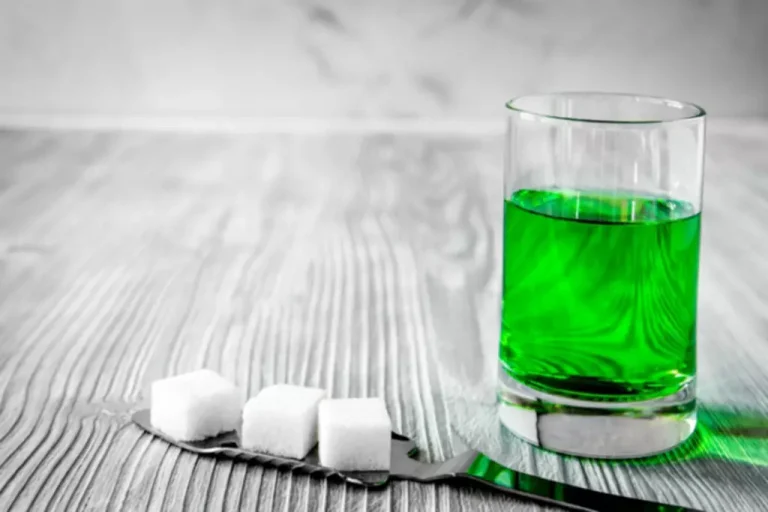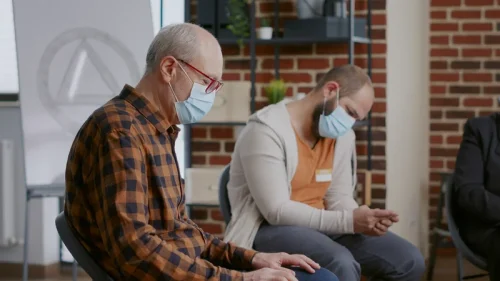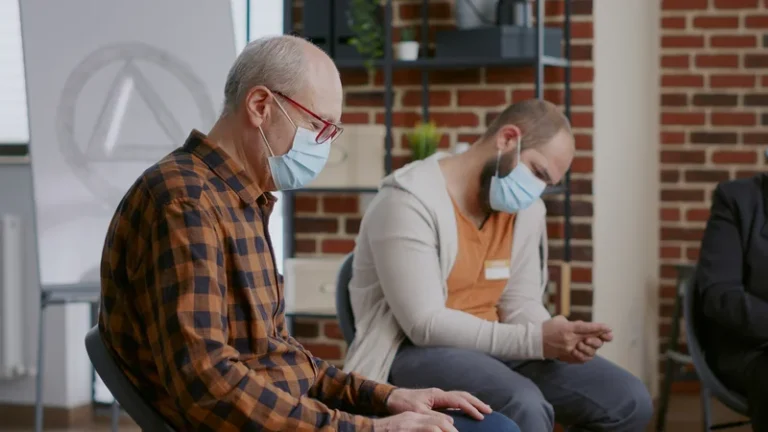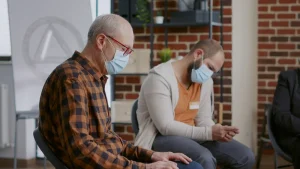
By educating ourselves and actively supporting our partner’s recovery, we can navigate the challenges of loving an addict and foster a healthier, stronger relationship. Effective communication and setting healthy boundaries are crucial in maintaining a healthy relationship. Establishing clear and respectful boundaries helps protect both partners’ well-being and fosters an environment of safety and trust. Learning effective communication strategies can help navigate difficult conversations and express needs and concerns in a constructive manner.

Possible consequences

Those struggling with relationship addiction can find hope in the various treatment options and support systems available today. Individuals can build more nutritious, sustainable relationships by focusing on self-growth, setting healthy boundaries, and developing a strong sense of self-worth. If you think you might have a love addiction, know that many others are experiencing or have dealt with this kind of addiction. The good news is that a mental health professional can help you learn to form healthier relationships with yourself and others. Researchers drew parallels between the way a person in love and a person addicted to a substance might act.
What to Expect When You Love a Drug Addict
- Much depends on the level of analysis one is concerned with, and how one conceptualizes the two phenomena at each relevant level.
- The most commonly identifiable symptom of love addiction is an unhealthy fixation on another person that causes obsessive compulsions, such as calling them too frequently, attempting to control them, or even stalking them.
- When your attempts to help reach this point, it means you are trying too hard to control the situation.
- Taking care of yourself and accessing the necessary support can help you navigate the challenges of loving an addict.
- Additionally, establishing clear boundaries and open communication regarding money and legal responsibilities can help prevent further complications.
You may need to explore the reasons why you have a problem doing that, and then learn some assertiveness techniques that will help you say “yes” when you mean yes, and “no” when you mean no. Encourage professional help by suggesting therapy from specialists like Lantana Recovery, counseling, or treatment programs. Recognize the signs of addiction and how it may impact your relationship. In addition to workshop retreats and individual psychotherapy, Dye suggests group therapy.

Healthy Love vs. Addiction: 10 Signs of Addictive Love

In some cases, individuals may even resort to engaging in illegal activities to support their addiction. These financial challenges create immense stress and strain on relationships, ultimately causing tension and conflict. Coming face-to-face with reality means accepting that parts of your life may be out of control as a result of loving someone who is engaging in addictive behaviors. Once the recovery process has begun, it is essential for couples to work together to rebuild trust and emotional intimacy in their relationship.
- One especially popular version of this view holds that drugs ‘co-opt’ neurotransmitters in the brain to create signals of reward that dwarf the strength of ‘natural rewards’ such as food or sex.
- While the specific nature of these parallels has been described in inconsistent language throughout the literature, two main approaches to conceptualizing the relationship between love and addiction can be usefully teased out.
- From setting healthy boundaries to using effective communication strategies, these sub-sections provide guidance on supporting your partner in recovery, encouraging treatment and therapy, and being a source of emotional support.
- Effective communication is essential in any relationship, especially when dealing with addiction.
Because he is a member of a support group that stresses the importance of anonymity at the public level, he does not use his photograph or his real name on this website. A support group such as Al-Anon Family Groups may also be a helpful source of support when you have someone in your life with a drinking problem. The group can give you a place to get social support and encouragement from others going through a similar situation. The contemplative stage ends with the decision to make a change, yet further steps such as preparation, action, and later maintenance and likely relapse are usually needed before the addiction is controlled. Accepting unacceptable behavior usually begins with some small incident that you brush off with, «They just had too much to drink.» But the next time, the behavior may get a little worse and then even worse. Before you realize it, you can find yourself in a full-blown abusive relationship.
It is important to separate the person from their addiction and approach them with empathy and understanding. This approach helps in building being in love with an addict trust and fostering a safe space for open communication. Relationship addiction stems from complex psychological factors rooted in early life experiences. These underlying causes create patterns that influence relationship behaviors throughout adulthood. Healthcare providers diagnose and treat this issue similarly to other forms of addiction, generally with therapy.

“Put your own oxygen mask on first before helping others.” You won’t be able to help your partner if you can’t help yourself. Addiction affects the brain’s reward system, resulting in changes in motivation, memory, and decision-making. Initial attraction stirs up neurotransmitters and hormones that create the excitement of infatuation and a strong desire to be close and sexual with the person. These chemicals and our emotional and psychological make-up can cause us to obfuscate reality and idealize the object of our attraction. During the intervention, you’ll present examples of how their addiction affects them and everyone around them.
Living with someone who has an addiction can be hard for everyone involved. Aside from helping your loved one treat their addiction, it’s important to keep you and your family safe. With a bit of planning and boundary setting, this can be accomplished. It can take time to trust a loved one again, especially if they’ve lied, exhibited harmful behaviors, or stolen from you.
wordpress theme by initheme.com

